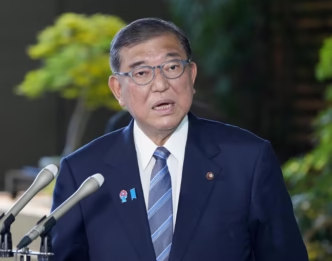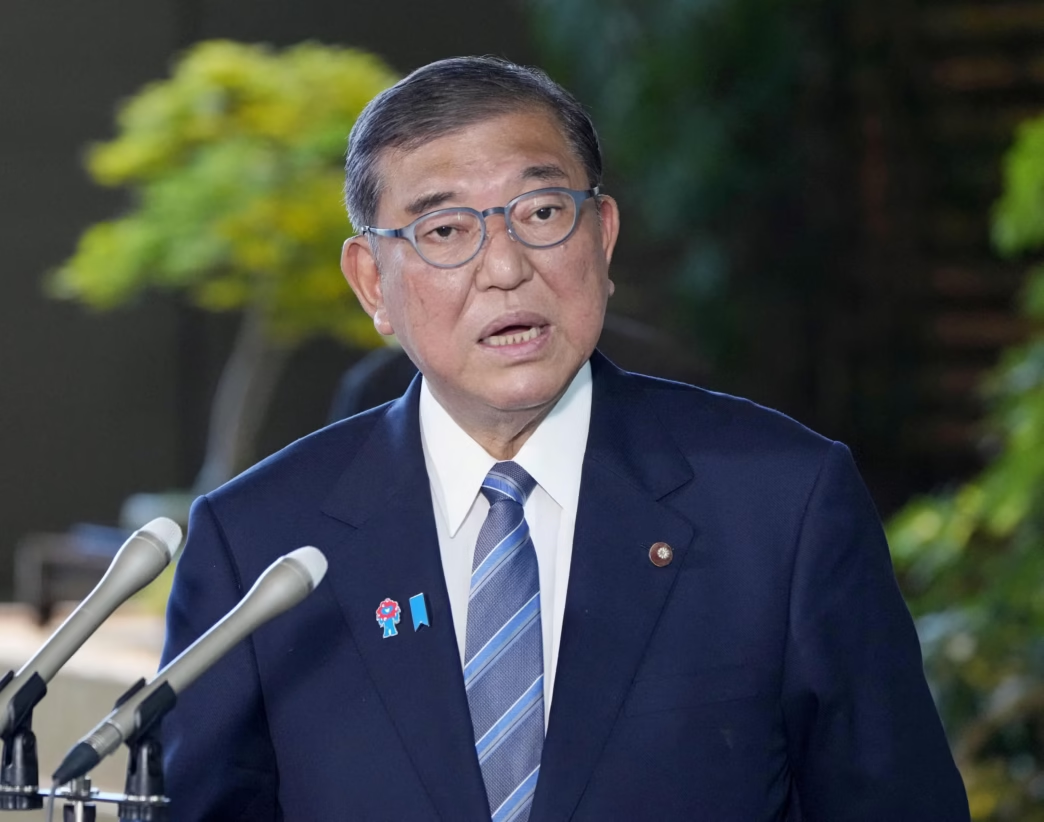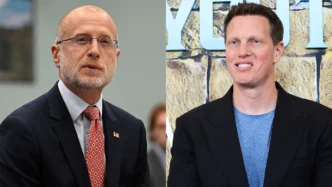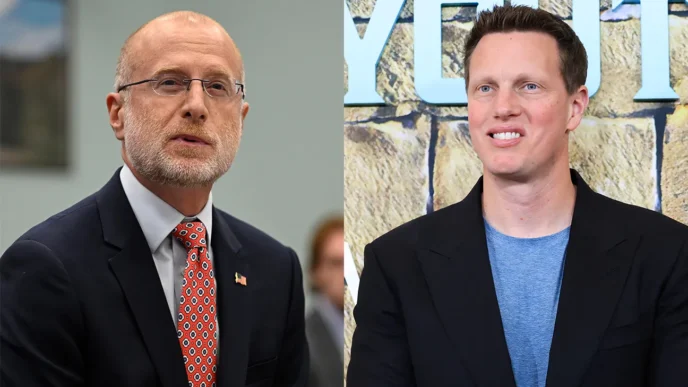In a bold political maneuver following a landmark bilateral agreement with the United States, Japanese Prime Minister Shigeru Ishiba has signaled his intent to prolong his tenure amid mounting pressure from both opposition and factions within his own ruling Liberal Democratic Party (LDP).
The announcement comes just days after Ishiba secured a strategic economic and defense pact with Washington, hailed by analysts as a major diplomatic win. The agreement, which deepens U.S.-Japan military coordination and opens new trade channels for Japanese technology firms, has boosted Ishiba’s political capital at home and abroad.
A Bid to Extend Leadership
Facing internal party elections in the fall, Ishiba has stated he will seek another term as LDP president, effectively extending his time as prime minister. “This is not a time for political games,” Ishiba told reporters at a press conference. “The Japan-U.S. agreement is a transformative step, and I intend to see it through to full implementation.”
His remarks were seen as a direct rebuke to LDP hardliners and challengers eyeing a leadership change, particularly those critical of his moderate policies and outreach to the U.S. on sensitive security matters.
The U.S.-Japan Accord
The recent U.S.-Japan accord includes expanded joint defense drills, cyber-defense collaboration, and preferential access for Japanese AI and semiconductor firms to U.S. markets. It also formalizes a new framework for managing regional security challenges, notably in the Taiwan Strait and South China Sea.
President Biden praised Ishiba as a “steadfast and visionary leader,” while senior White House officials noted the deal “cements Japan’s role as the cornerstone of U.S. strategy in the Indo-Pacific.”
Opposition Reacts
Opposition parties criticized Ishiba’s move to link foreign policy success to political longevity. “No one prime minister should use diplomacy as a shield against democratic turnover,” said Kenta Izumi of the Constitutional Democratic Party. “Japan needs stable leadership, but not one that clings to power.”
Still, Ishiba’s approval ratings have seen a sharp rebound in recent days, with a new NHK poll showing 59% of Japanese voters support his continued leadership, citing his statesmanlike handling of foreign policy and economic recovery.
What’s Next?
The coming weeks will test Ishiba’s ability to consolidate power within the LDP. Party elections are expected in September, and key endorsements from senior figures like former Prime Minister Fumio Kishida could prove decisive.
For now, Ishiba is projecting confidence. “Japan stands at a crossroads,” he said. “I believe continuity in leadership is essential for peace, progress, and the prosperity of our people.”
















